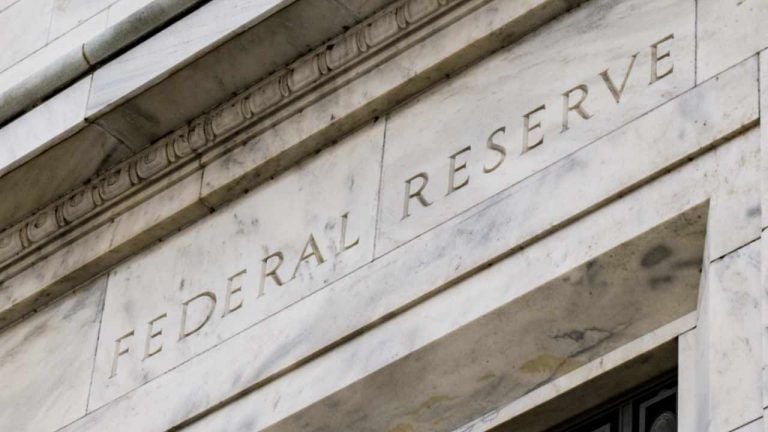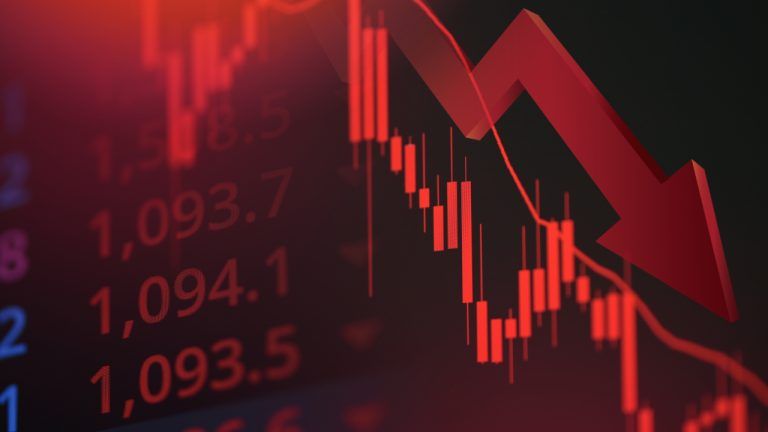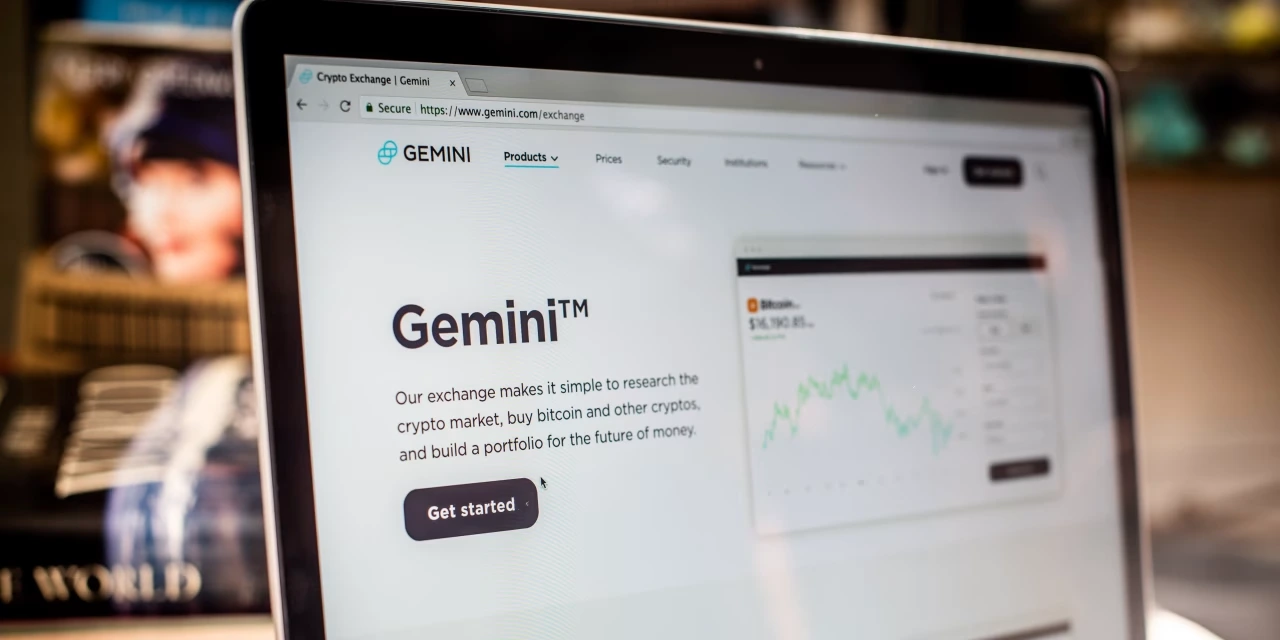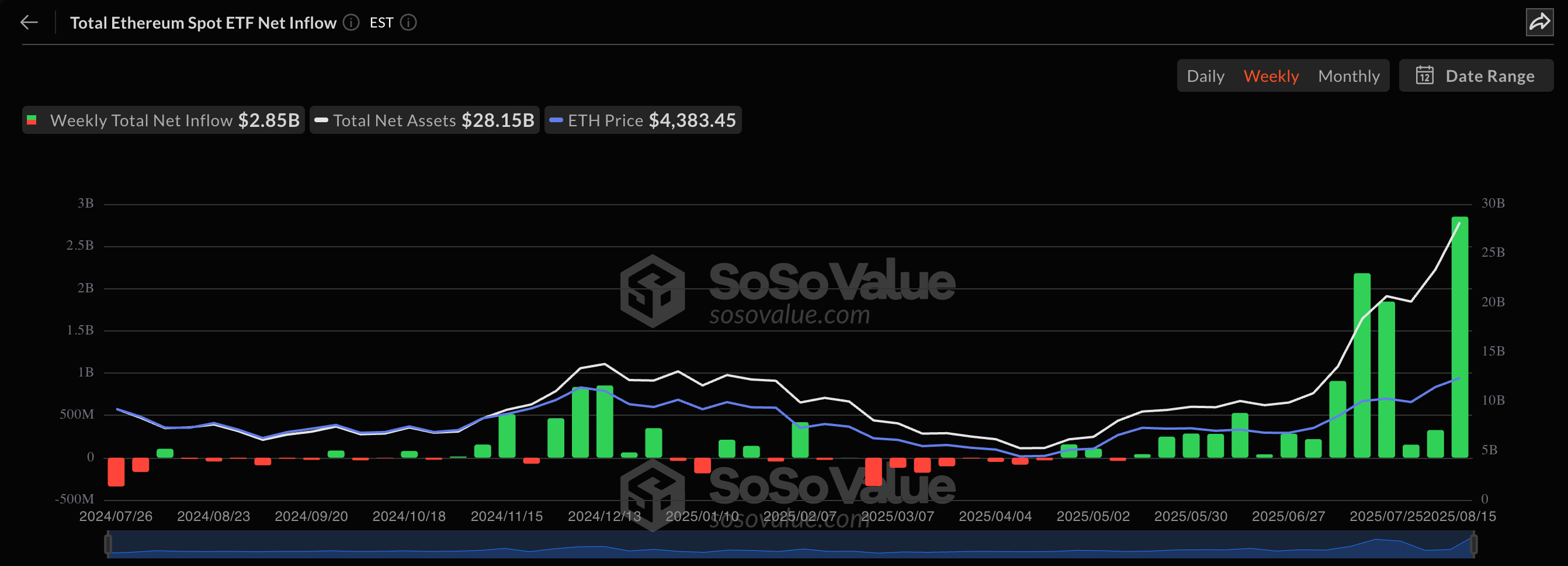- Fenwick & West accused of enabling FTX’s $8B customer fund theft.
- The law firm is accused of designing fraud-friendly corporate structures.
- Fenwick & West denies wrongdoing, says actions were within legal scope.
The legal fallout from the spectacular collapse of cryptocurrency exchange FTX has now zeroed in on the Fenwick & West law firm.
Plaintiffs in a massive class action are accusing Silicon Valley-based law firm of being far more than a bystander in the $8 billion fraud that brought down Sam Bankman-Fried’s empire.
The plaintiffs allege that the prestigious firm not only knew about FTX’s misconduct but also actively shaped the structures that made it possible.
Spotlight on the Fenwick & West law firm
The class action, filed on Monday, is part of a multi-district litigation involving more than 130 firms linked to FTX, and it singles out Fenwick & West as the only one accused of knowingly participating in the fraud.
Plaintiffs say new evidence from Bankman-Fried’s criminal trial and the bankruptcy investigation reveals the firm played a “key and crucial” role in the exchange’s operations.
According to them, FTX’s massive misappropriation of customer funds could not have happened without Fenwick’s “substantial assistance.”
Court filings claim the firm designed corporate entities with no safeguards, enabling FTX to divert billions in customer assets to its sister trading firm Alameda Research.
Among the most controversial allegations is that Fenwick set up shell companies such as North Dimension to obscure transactions, drafted backdated agreements to justify illicit transfers, and approved intercompany loans secured by customer funds.
Claims of concealment and obstruction
Prosecutors and bankruptcy examiners have accused FTX executives of using disappearing messages on Signal to cover their tracks.
Plaintiffs now allege that Fenwick itself authored the encrypted communications policy that allowed those messages to vanish.
The firm is also accused of creating auto-deleting chat channels for executives and engaging in other practices that regulators later described as obstruction.
Nishad Singh, FTX’s former engineering director, testified that he personally informed Fenwick about the misuse of customer funds and false disclosures. He claims the firm responded not with warnings but with guidance on how to hide the wrongdoing.
Similar testimony from former Alameda CEO Caroline Ellison and co-founder Gary Wang supported the narrative that Fenwick was aware of the diversion of funds to cover Alameda’s losses.
Examiner’s findings raise the stakes
The independent examiner in the FTX bankruptcy case reviewed more than 200,000 documents, many directly related to the Fenwick & West law firm.
The examiner’s report concluded the firm was “deeply intertwined” in nearly every aspect of FTX’s misconduct. It also described “exceptionally close relationships” between Fenwick’s lawyers and FTX insiders, alongside evidence of the firm facilitating conflicted transactions that misused customer assets.
These findings have intensified scrutiny on the firm’s role in promoting FTX’s credibility to investors.
Plaintiffs argue Fenwick’s Silicon Valley reputation helped the exchange raise more than $1.3 billion from venture capitalists, despite internal knowledge of insolvency risks.
The amended complaint also adds state securities law claims in Florida and California, accusing Fenwick of promoting and facilitating unregistered sales of FTT tokens and yield-bearing accounts.
Fenwick & West denies wrongdoing
The Fenwick & West law firm has consistently denied all allegations, insisting it acted within the scope of its legal representation.
In its 2023 motion to dismiss, the firm argued that attorneys cannot be held liable for a client’s misconduct when their actions fall within their professional role.
The court has yet to rule on Fenwick’s latest bid to have the claims thrown out, and a request from plaintiffs to amend their complaint with fresh evidence is pending before US District Judge K. Michael Moore in Miami.
As the litigation unfolds, the case is being watched closely by the legal and crypto industries alike.
A ruling against the Fenwick & West law firm could set a precedent for attorney liability in the digital asset space, reshaping how law firms approach high-risk clients.
For FTX’s creditors, the outcome could influence how much more, if anything, can be recovered from the wreckage of one of the largest financial collapses in US history.
The post Fenwick and West law firm sued over alleged role in FTX’s multibillion-dollar theft appeared first on CoinJournal.

You can get bonuses upto $100 FREE BONUS when you:
💰 Install these recommended apps:
💲 SocialGood - 100% Crypto Back on Everyday Shopping
💲 xPortal - The DeFi For The Next Billion
💲 CryptoTab Browser - Lightweight, fast, and ready to mine!
💰 Register on these recommended exchanges:
🟡 Binance🟡 Bitfinex🟡 Bitmart🟡 Bittrex🟡 Bitget
🟡 CoinEx🟡 Crypto.com🟡 Gate.io🟡 Huobi🟡 Kucoin.


















Comments